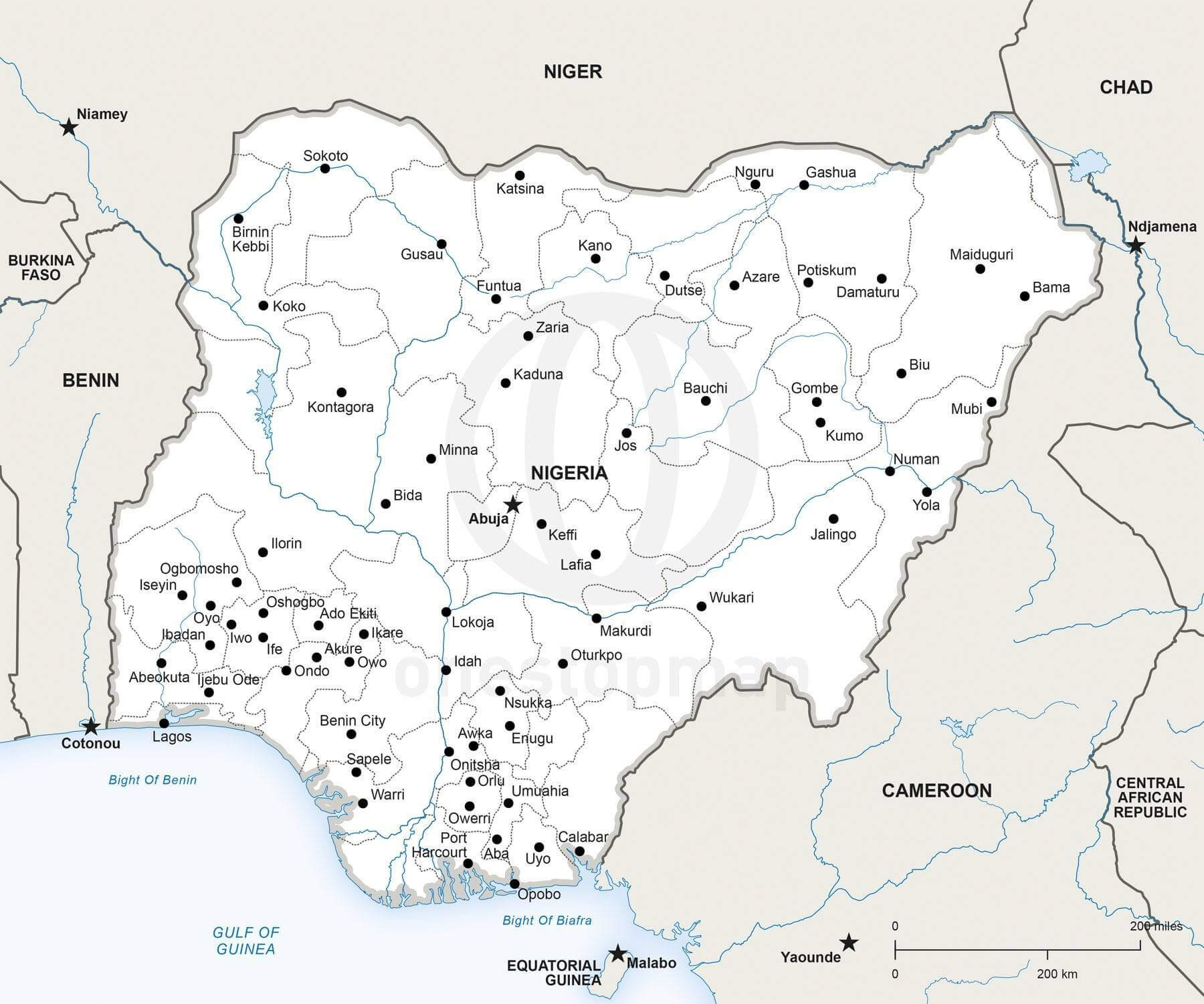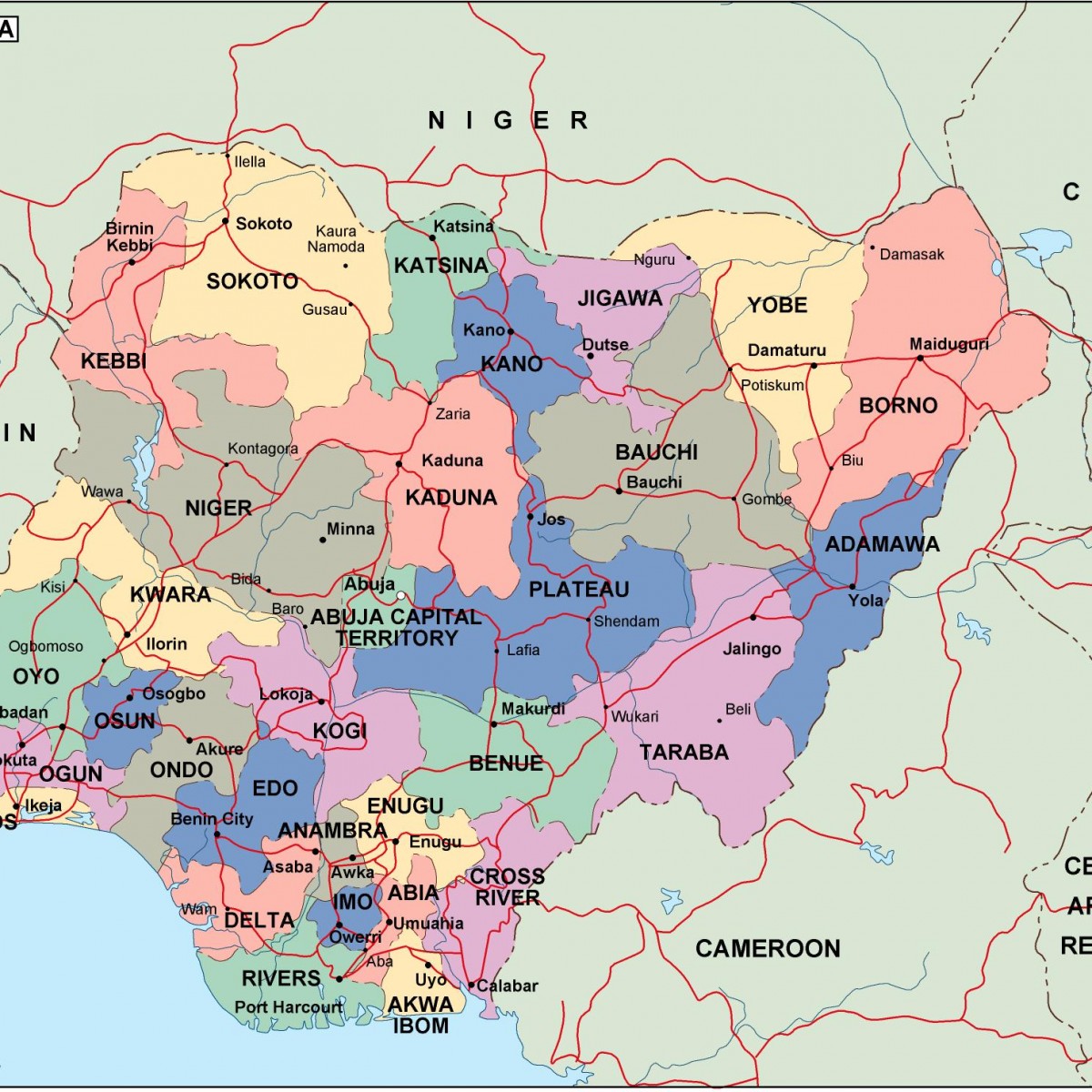Nigeria Political System: A Deep Dive Into Its Intricacies
Let’s face it, the Nigeria political system is a fascinating yet complex beast. It’s like trying to solve a jigsaw puzzle while blindfolded—there’s so much to unpack, and every piece matters. Whether you’re a political enthusiast, a student, or simply curious about how things work in one of Africa’s most influential nations, understanding the Nigerian political landscape is crucial. This isn’t just about politics; it’s about people, power, and progress.
Now, picture this: Nigeria, a country with over 200 million people, 250 ethnic groups, and countless languages. How do you even begin to govern such diversity? The political system in Nigeria plays a massive role in shaping the nation’s future. But let’s be honest—it’s not all smooth sailing. There are challenges, controversies, and triumphs that make this system a story worth telling.
So, buckle up because we’re about to take you on a wild ride through the intricacies of the Nigeria political system. From its history to its current state, we’ll break it down in a way that’s both informative and engaging. No boring lectures here—just straight talk and real insights!
- Eminem And Kim Story The Untold Journey Of Love Struggles And Resilience
- Nfl Reporter Charissa Thompson The Rising Star In Sports Journalism
Understanding the Basics of the Nigeria Political System
First things first, what exactly is the Nigeria political system? At its core, it’s a federal republic operating under a presidential system. Think of it as a three-legged stool: the executive, legislative, and judicial branches all working together (or at least trying to). Each branch has its own responsibilities, and ideally, they’re supposed to keep each other in check.
Here’s a quick rundown:
- The President is the head of state and government, kinda like the captain of the ship.
- The National Assembly, made up of the Senate and the House of Representatives, handles lawmaking.
- The judiciary, led by the Supreme Court, ensures laws are followed and disputes are resolved.
But wait, there’s more! Nigeria is divided into 36 states, each with its own governor and legislative assembly. This federal structure gives states some level of autonomy, but let’s not kid ourselves—it’s not always a harmonious relationship between the federal and state governments.
- Did Fox News Fire Jessica Tarlov Unpacking The Drama Behind The Headlines
- Unveiling The Genius Criminal Minds Spencer Reid Actor
A Brief History of Nigeria's Political Evolution
Before we dive deeper, let’s rewind a bit. Nigeria gained independence from British colonial rule in 1960, marking the beginning of its journey as a sovereign nation. But the road hasn’t been easy. The first republic was short-lived, followed by military coups, civil war, and decades of military rule. It wasn’t until 1999 that Nigeria transitioned back to civilian rule, establishing the Fourth Republic.
Why is this important? Because the scars of the past still influence the present. Issues like corruption, ethnic tensions, and regional divides have roots in Nigeria’s turbulent history. Understanding where the country has been helps explain why its political system looks the way it does today.
Key Events That Shaped the Nigeria Political System
Let’s highlight a few pivotal moments:
- 1966 Military Coup: Overthrew the first republic and marked the start of military intervention in politics.
- Biafran War (1967-1970): A brutal civil war that left deep scars and highlighted ethnic divisions.
- 1993 Annulled Election: A democratic milestone that was tragically undone by military rulers.
- 1999 Democratic Transition: The beginning of the Fourth Republic and the return to civilian rule.
Each of these events played a significant role in shaping the political landscape we see today. They remind us that progress in Nigeria hasn’t come without sacrifice.
The Structure of Nigeria's Political System
Alright, let’s break down the structure of the Nigeria political system. Think of it like a well-oiled machine—or maybe a machine that needs a little tinkering. There are three main branches, and each has its own role to play.
Executive Branch: The President and Beyond
The executive branch is headed by the President, who is elected for a four-year term (maximum of two terms). The President appoints ministers and oversees the implementation of policies. But here’s the kicker—getting things done isn’t always straightforward. Political alliances, ethnic considerations, and regional interests often complicate decision-making.
Take, for example, the power-sharing formula. By convention, key positions like the Presidency, Vice Presidency, Senate Presidency, and Speaker of the House are distributed among different regions and ethnic groups. It’s a way to ensure representation, but it can also lead to gridlock.
Legislative Branch: The National Assembly
The legislative branch consists of the Senate and the House of Representatives. Together, they’re responsible for making laws. But let’s be real—lawmaking in Nigeria can be messy. Bills often get stuck in committee, and partisan politics can delay progress. Still, the National Assembly plays a crucial role in holding the executive accountable.
Fun fact: The Nigerian Senate is often referred to as the “Upper Chamber,” while the House of Representatives is the “Lower Chamber.” Don’t let the names fool you—they both pack a punch when it comes to shaping policy.
Judicial Branch: The Courts and the Constitution
Finally, we have the judicial branch, led by the Supreme Court. The courts interpret the law and ensure that the other branches stay within their constitutional limits. In theory, this is a powerful check on executive and legislative overreach. In practice, however, the judiciary sometimes faces challenges like political interference and resource constraints.
But hey, progress is being made. Judicial reforms are underway to strengthen the independence and effectiveness of the courts. It’s a slow process, but one that’s essential for the long-term health of the Nigeria political system.
The Role of Political Parties in Nigeria
Political parties are the lifeblood of any democratic system, and Nigeria is no exception. Currently, the two dominant parties are the All Progressives Congress (APC) and the People’s Democratic Party (PDP). But there are also smaller parties that play important roles in shaping the political landscape.
Here’s the thing about Nigerian political parties—they’re not always strictly ideological. Instead, they’re often driven by personalities, regional interests, and ethnic affiliations. This can make coalition-building tricky but also adds an interesting dynamic to the political process.
Major Political Parties in Nigeria
- All Progressives Congress (APC): Founded in 2013, APC is known for its progressive agenda and focus on economic development.
- People’s Democratic Party (PDP): Established in 1998, PDP has been a major player in Nigerian politics for decades.
- Other Parties: There are several smaller parties, such as the Labour Party and the Social Democratic Party, that add diversity to the political scene.
Party politics in Nigeria is a game of alliances, and sometimes it feels like the rules are constantly changing. But that’s part of the charm—or the chaos, depending on how you look at it.
Challenges Facing the Nigeria Political System
No system is perfect, and the Nigeria political system is no exception. There are several challenges that need to be addressed if the country is to achieve its full potential. Let’s take a closer look at some of the biggest ones.
Corruption: The Elephant in the Room
Corruption is arguably the biggest challenge facing the Nigeria political system. It undermines trust in government, stifles economic growth, and perpetuates inequality. Efforts to combat corruption have been made, but progress has been slow.
One reason corruption persists is the lack of accountability. When officials feel they can act with impunity, it creates a culture where unethical behavior becomes the norm. But there’s hope—anti-corruption agencies like the Economic and Financial Crimes Commission (EFCC) are working hard to change the narrative.
Ethnic and Regional Divisions
Nigeria’s diversity is one of its greatest strengths, but it can also be a source of tension. Ethnic and regional divisions often play out in the political arena, complicating governance and decision-making. Finding ways to bridge these divides is essential for building a united and prosperous nation.
It’s not all doom and gloom, though. There are examples of successful cross-ethnic collaboration, and many Nigerians are committed to fostering unity. It’s a work in progress, but progress is being made.
Opportunities for Reform and Progress
Despite the challenges, there are plenty of opportunities for reform and progress in the Nigeria political system. From electoral reforms to digital governance, there are innovative solutions being explored to address the country’s needs.
Election Reforms: Building a Better Process
Free and fair elections are the foundation of any democracy, and Nigeria has made strides in improving its electoral process. The Independent National Electoral Commission (INEC) has introduced measures like biometric voter registration and electronic transmission of results. These steps aim to enhance transparency and reduce electoral fraud.
Of course, there’s still room for improvement. Ensuring that every vote counts and every voice is heard is an ongoing challenge, but one that’s worth pursuing.
Digital Governance: Harnessing Technology
In the age of technology, digital governance offers exciting possibilities for improving the Nigeria political system. From e-governance platforms to blockchain-based solutions, technology can help streamline processes, increase efficiency, and enhance accountability.
Imagine a future where citizens can access government services with just a few clicks, or where blockchain ensures the integrity of election results. It’s not science fiction—it’s happening right now, and Nigeria has the potential to lead the charge.
Conclusion: The Future of the Nigeria Political System
So, what have we learned? The Nigeria political system is complex, dynamic, and full of potential. It’s a system that reflects the diversity and resilience of its people, but it’s also one that faces significant challenges. Corruption, ethnic divisions, and governance issues are real, but so are the opportunities for reform and progress.
Here’s the bottom line: the future of the Nigeria political system depends on the choices we make today. Whether it’s supporting anti-corruption efforts, advocating for electoral reforms, or embracing digital governance, every action counts. So, what will you do to contribute to a better Nigeria?
We’d love to hear your thoughts! Leave a comment below, share this article with your friends, or check out our other content for more insights into the world of politics. Together, we can make a difference!
Table of Contents
- Understanding the Basics of the Nigeria Political System
- A Brief History of Nigeria's Political Evolution
- Key Events That Shaped the Nigeria Political System
- The Structure of Nigeria's Political System
- Executive Branch: The President and Beyond
- Legislative Branch: The National Assembly
- Judicial Branch: The Courts and the Constitution
- The Role of Political Parties in Nigeria
- Major Political Parties in Nigeria
- Challenges Facing the Nigeria Political System
- Corruption: The Elephant in the Room
- Ethnic and Regional Divisions
- Opportunities for Reform and Progress
- Election Reforms: Building a Better Process
- Digital Governance: Harnessing Technology
- Conclusion: The Future of the Nigeria Political System



Detail Author:
- Name : Leland Kub
- Username : anais.kub
- Email : cmcclure@hintz.com
- Birthdate : 1999-10-12
- Address : 4099 Larson Squares Langoshhaven, NM 83685-1940
- Phone : 260.682.4081
- Company : Tromp PLC
- Job : Fast Food Cook
- Bio : Nemo vero recusandae eum qui expedita. Non vitae dolorem fugiat similique odit iusto. Est omnis et corporis blanditiis similique. Excepturi eveniet nesciunt unde et.
Socials
tiktok:
- url : https://tiktok.com/@raywiegand
- username : raywiegand
- bio : Nesciunt veniam ut enim.
- followers : 3323
- following : 2075
twitter:
- url : https://twitter.com/raywiegand
- username : raywiegand
- bio : Eum maxime aut repellendus libero et. Perferendis porro omnis consectetur tempora architecto. Quo magnam et voluptatem harum labore numquam.
- followers : 3298
- following : 2942
instagram:
- url : https://instagram.com/rwiegand
- username : rwiegand
- bio : Nostrum minima neque accusamus distinctio rerum soluta saepe. Aut et quia voluptatibus.
- followers : 1988
- following : 60